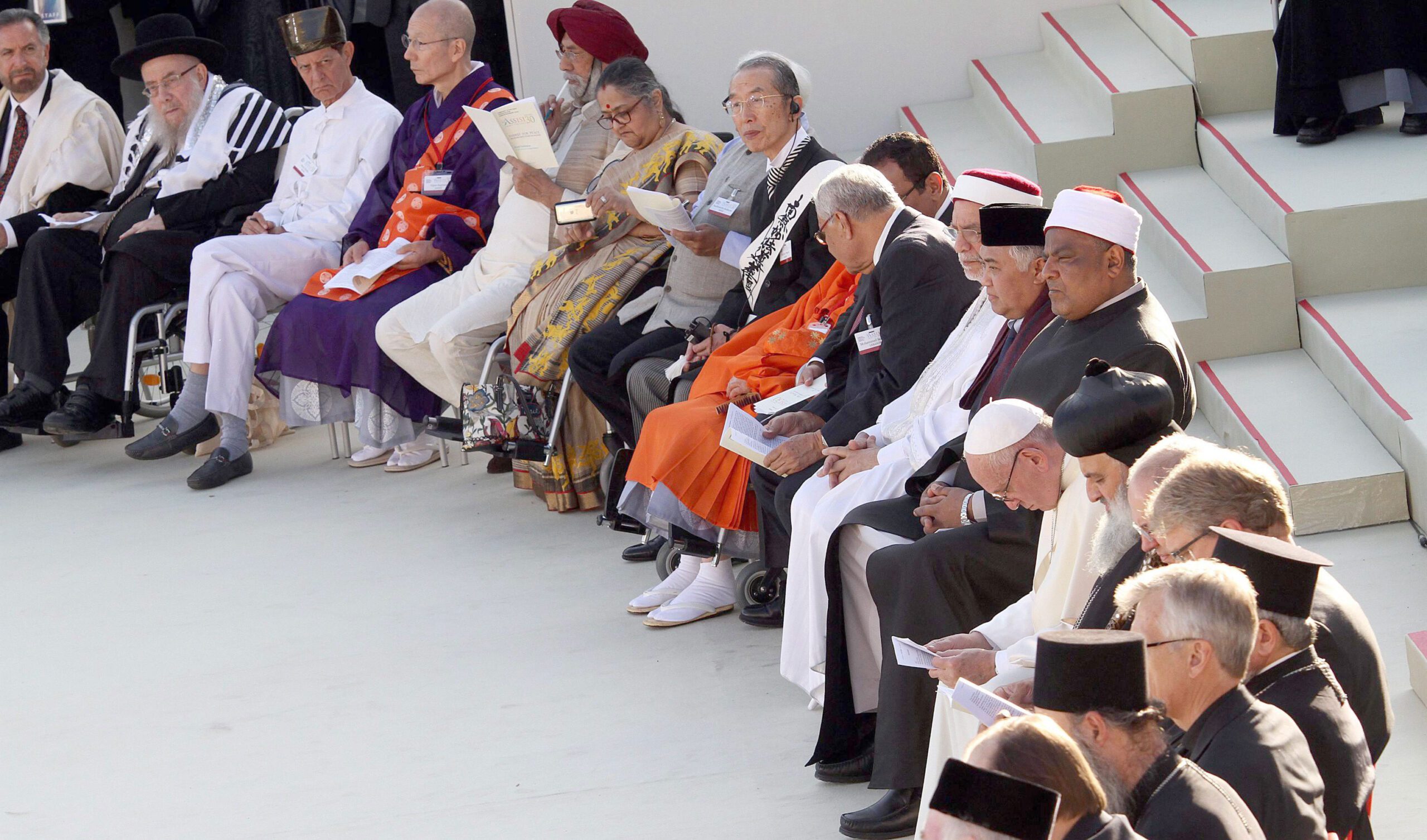

Pope Francis to Attend Cop28 in Dubai
Pope Francis is going to attend the Conference of Parties (COP28) in Dubai that will run from November 30 to December 12. “Yes, I will go to Dubai. I think I will leave December 1 until December 3.
Browse past isues
Help the mission
Support the mission
Get in touch


Pope Francis is going to attend the Conference of Parties (COP28) in Dubai that will run from November 30 to December 12. “Yes, I will go to Dubai. I think I will leave December 1 until December 3.


Myanmar’s military junta is carrying out more and more air strikes against the civilian population, according to a report by the Office of the UN High Commissioner for Human Rights recently published at the UN General Assembly. According to the report, airstrikes have been repeatedly combined with “measures that systematically deny injured people access to medical care.”


“Suicide is a tragedy in our society,” says Father Cho Seung-hyeon, a priest and journalist, who refers to the nation’s highest suicide rate among developed countries. Common factors cited by experts to explain the high suicide rate are the pressure young people face at school, the lack of social protection, and the stigma surrounding mental health problems.


Pope Francis is scheduled to meet with children of the five continents in November to reflect and learn from their untainted acceptance of others and respect for creation.


The authorities responsible for information security have confirmed that the Philippines ranks second in the world in terms of sexual exploitation of minors via the internet. A phenomenon that has various reasons, but it also calls into question “digital illiteracy” which would expose them more to criminal use of the internet.
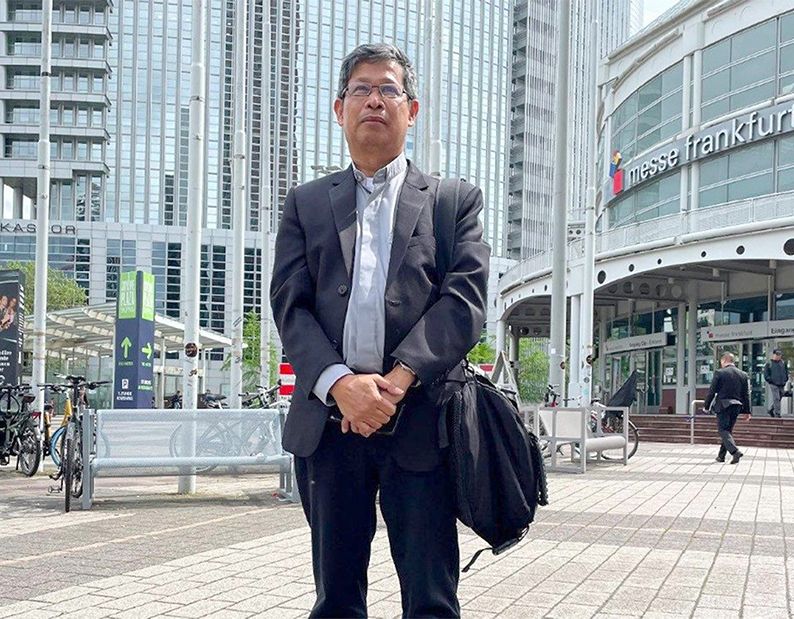

Catholic priest and environmentalist, Edwin Gariguez (in photo), is urging Europe’s banks to stop financing oil companies, including a huge gas project in the Verde Island Passage in the Philippines.
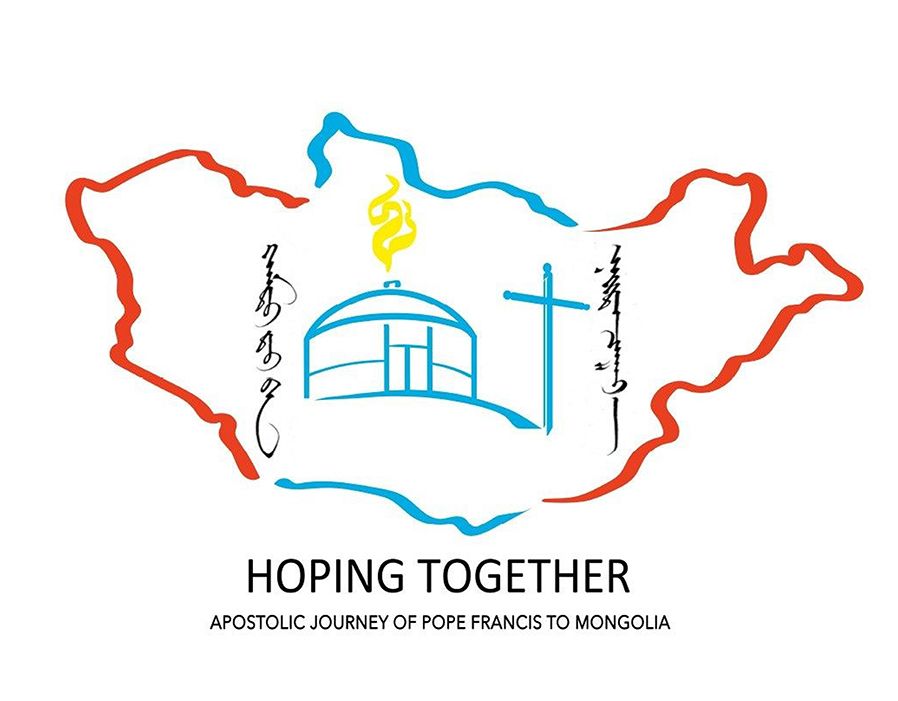

“Hoping Together” is the motto chosen for the announced Apostolic Journey that Pope Francis will make to Mongolia from 1 to 4 September. The Holy See Press Office explained that the motto “underscores the importance of bilateral cooperation between the Holy See and Mongolia.”
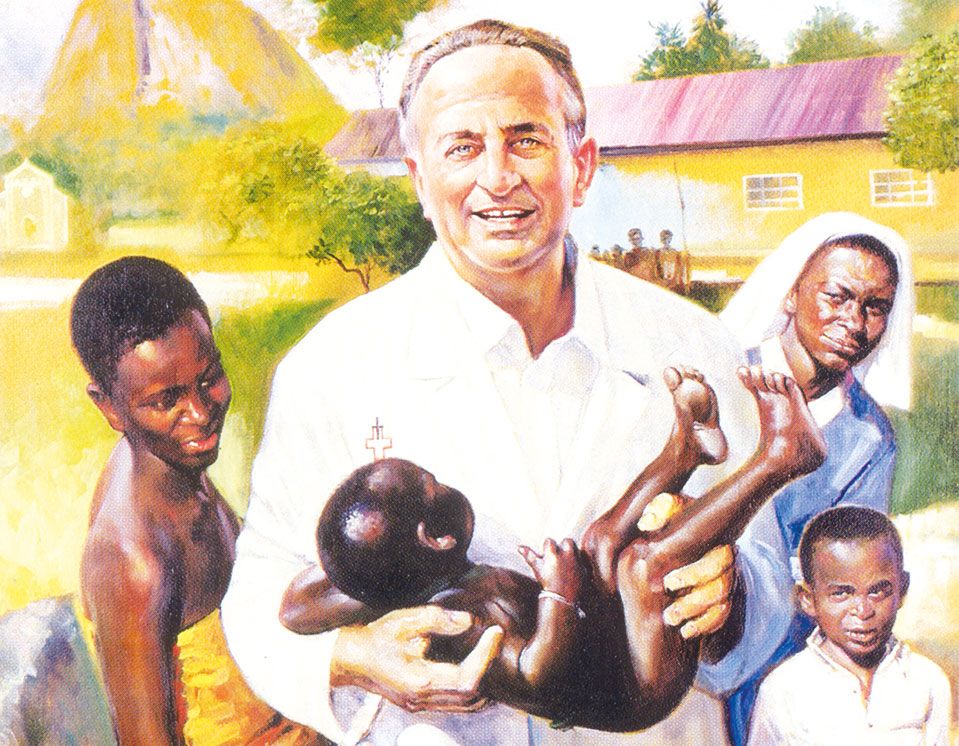

Comboni Missionary Father Giuseppe Ambrosoli (in drawing) will be beatified on November 22, in Kalongo, Uganda where Fr. Ambrosoli spent more than 40 years of his life in a parish, hospital, nursing and midwifery schools.
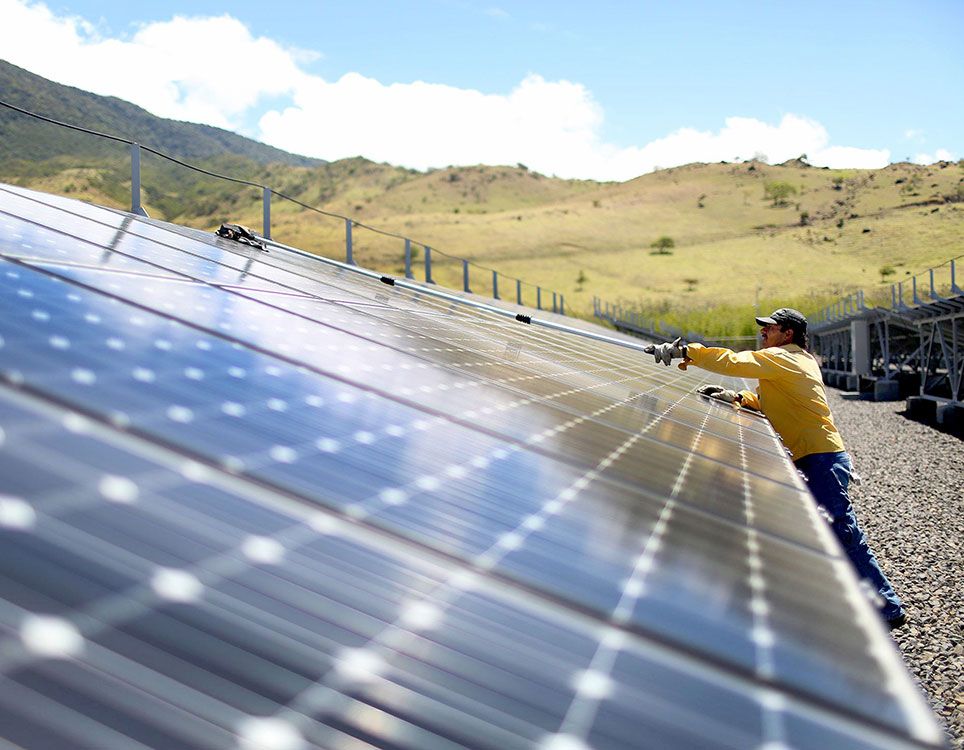

Costa Rica has launched an economy-wide plan to “decarbonize” the country by 2050, as the Central American nation aims to show other nations that it is possible to address climate change.
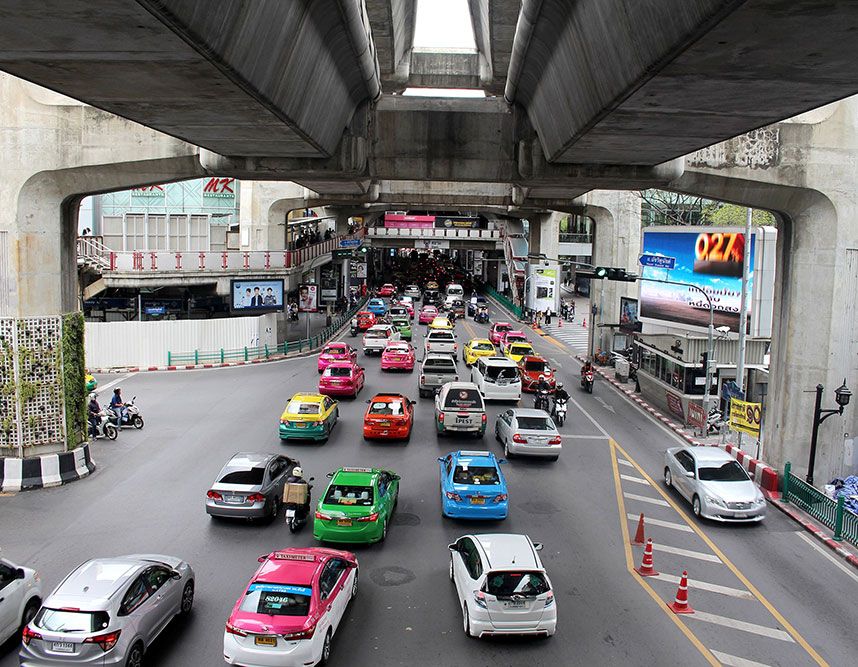

Thailand enjoys the dubious distinction of being the world’s most unequal nation, the deadliest country in ASEAN for road accidents, and one of the Asian nations with the highest level of gun-related murders, according to recent studies.
